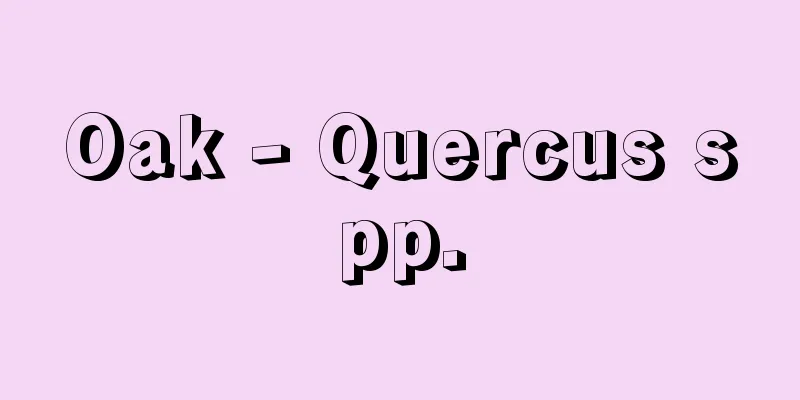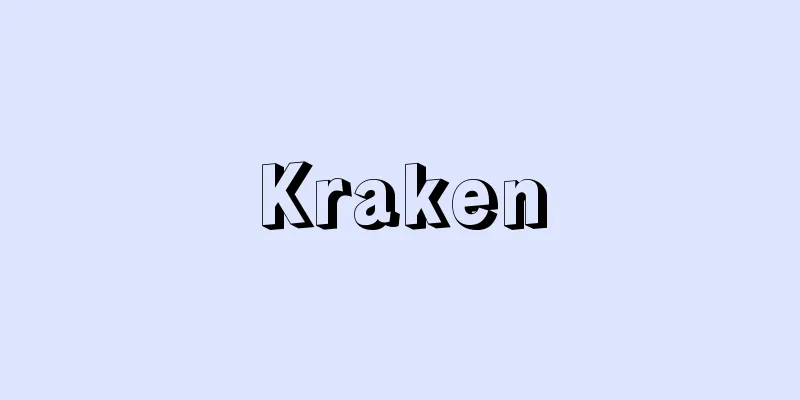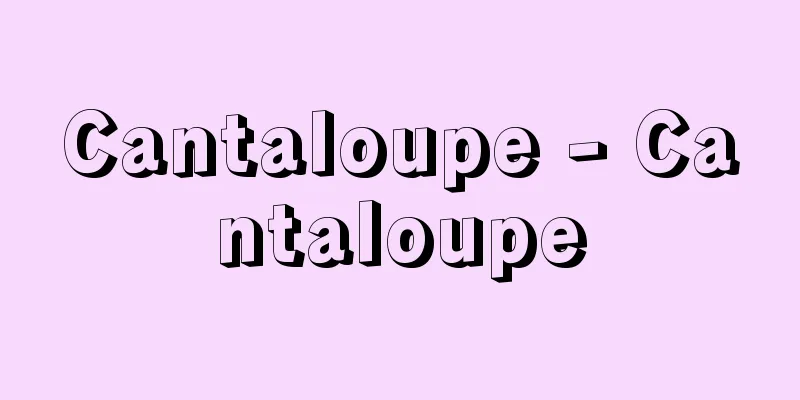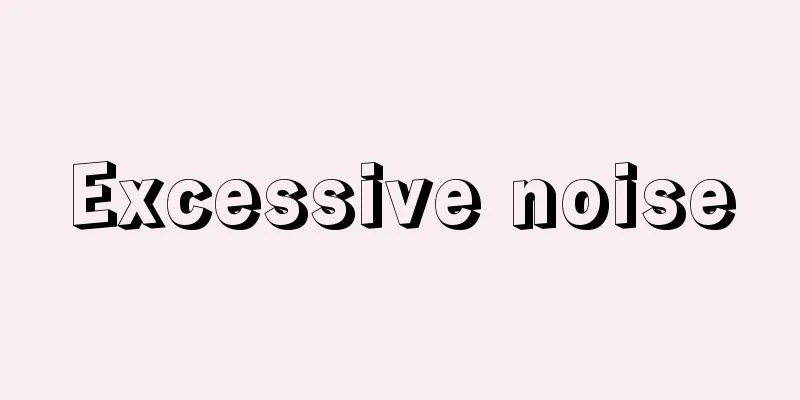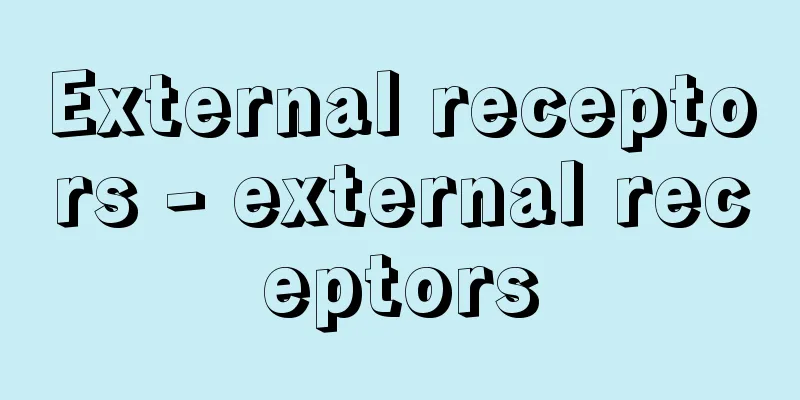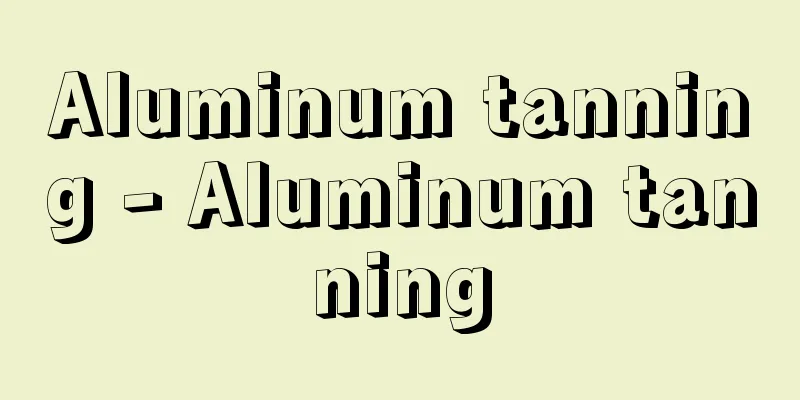Stupor - konmei (English spelling)
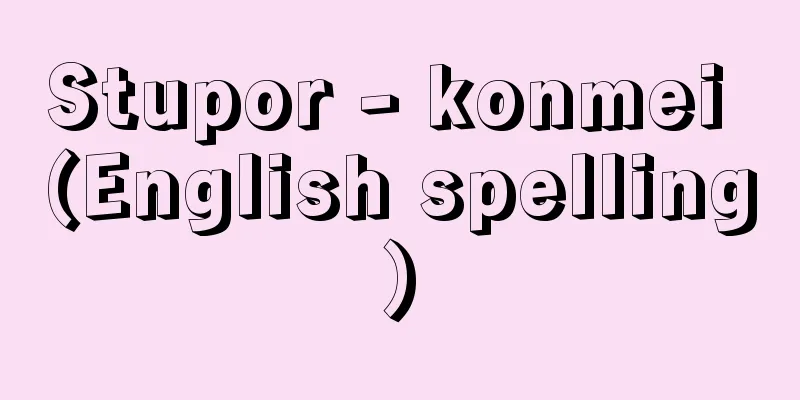
|
A state in which the mind and body do not express themselves and do not respond to external stimuli. Consciousness is not impaired in cases of schizophrenia, depression, and psychogenic reactions, but it is in cases of epilepsy and organic encephalopathy. Only cases without impaired consciousness, such as the former, are called stupor, while the latter are sometimes called benumbness. Many experts in the United States and the United Kingdom do not distinguish between the two. Also, cases with impaired consciousness are often included in confusion. Source: Encyclopaedia Britannica Concise Encyclopedia About Encyclopaedia Britannica Concise Encyclopedia Information |
|
心身ともに自己表現をせず,外部刺激にも反応しない状態。統合失調症,うつ病,心因反応の場合は意識障害を伴わないが,てんかんや器質性脳症の場合には伴う。前者のように意識障害を伴わない場合だけを昏迷と呼び,後者は昏蒙 (こんもう) benumbnessと呼ぶことがある。アメリカ,イギリスでは両者を分けない専門家が多い。また,特に意識障害を伴う場合には錯乱 confusionのなかに含めることが多い。
出典 ブリタニカ国際大百科事典 小項目事典ブリタニカ国際大百科事典 小項目事典について 情報 |
<<: Konmei Pond Shoji - Konmei Pond Shoji
Recommend
Ziegler-Natta catalyst
…While investigating the effects of compounds of ...
Maghreb
Also known as Maghreb. In Arabic, it means "l...
Ordo (monastic order) - Ordo
… Many monasteries established veneration of reli...
Yomitan [village] - Yomitan
A village in Nakagami District, Okinawa Prefecture...
Steamed yam - joyomushi
A type of steamed dish. Grated yam is placed on to...
Sarmatism (English spelling)
A cultural trend that was influential in Poland fr...
Connaraceae
…There are records of them being eaten, but this ...
Final
Final exam. Abbreviation of "Final examinatio...
dehydration
Concept 60% of the body is made up of water. There...
Earth current - Chidenryu (English spelling) Induction current
A natural electric current that flows underground...
New home [town] - Arai
A former town in Hamana County, in the southwester...
Enskok, D.
…D. Hilbert developed the theory of linear integr...
Latin American Art - Latin American Art
The art of the Americas south of Mexico. Originall...
Tozenji Incident
At the end of the Edo period, there were two atta...
Artabanus [I] - Artabanus
…He was the first to claim the title of "Gre...
